Ultra-processed foods are industrially formulated edible substances made from natural food or synthesized from other food-related organic compounds. The products resulting from the process are mainly designed to be highly profitable, convenient, and hyper-palatable, often made by adding food additives such as preservatives, colourings, and flavourings. Ultra-processed foods have often undergone processes such as moulding/extruding, hydrogenation or frying to turn them into processed food that looks interesting.
But the composition that is included to make ultra-processed food contains dietary fat intake which is linked to diabetes risk, while decreasing the consumption of saturated fats and trans fatty acids by replacing them with unsaturated fats can lower the risk. Drinks that are sweetened with sugar tend to increase the risk of type 2 diabetes by both their role in obesity as well as their role through a direct effect. It is found that consuming more ultra-processed food is associated with a higher risk of type 2 diabetes. Some studies have shown that giving up eating ultra-processed foods can lower the risk 2 diabetes.
Many researchers have found that every 10% increase in the quantity of ultra-processed food consumed by a person's diet is linked with a more of 17% increase in type 2 diabetes risk.
The food that comes with high risk are savoury snacks, animal-based products such as processed meats, ready meals, and sugar-sweetened and artificially sweetened beverages.
The Vital Connection between Ultra-processed foods and type 2 diabetes risk:
The individual that is eating ultra-processed food regularly is mostly increasing the risk of type 2 diabetes because ultra-processed foods are high in refined carbohydrates, added sugars, and unhealthy fats.
Eating such processed foods can further lead to several health issues that may make us suffer in the long term like weight gain and insulin resistance when consumed more, which then turns out to be a key factor in developing type 2 diabetes in the body.
Moreover, ultra-processed foods have low fibre content, which can lead to poor blood sugar regulation and reduced satiety. This as a result can make us consume more and then we will gain too much weight, and both can increase the risk of diabetes.
The ultra-processed food can contribute to type 2 diabetes risk because of its another reason ultra-processed foods can often lead to regular spikes and crashes of blood sugar levels in our body. But reducing the consumption of ultra-processed food by eating more whole and minimally processed foods can be beneficial in weight management, stabilizing blood sugar levels, improving insulin sensitivity, and eventually it will help in providing more nutrients and fibre that can protect against type 2 diabetes.
The Ultra-processed food groups that have the greatest risk:
The most important point about this concept is that only some ultra-processed foods were identified which increases the risk of type 2 diabetes.
The ultra-processed foods with the highest risk are the most common and widely used food items like savoury snacks, processed meats, ready-to-eat meals, and sugar-sweetened and artificially sweetened drinks and beverages.
Some characteristics of ultra-processed foods that have the highest risk are that the foods tend to be high in salt, saturated fat, and sugar and may displace other more nutritious food items that are important for our bodies.
The ultra-processed foods like savoury snacks and high-processed meats contain high amounts of unhealthy fats, sodium (salt), and preservatives and as a result, all of these can contribute to various health issues which may include issues like metabolic issues and inflammation when consumed in excess amount. Not only this most of the ready-to-eat meals have the maximum amount of refined carbohydrates, unhealthy fats, minimal plant-based foods, and low-quality ingredients, which further increase the risk of weight gain and insulin resistance in the body.
The artificially sweetened drinks or beverages contain sugar which can increase the risk of type 2 diabetes as they can lead to rapid blood sugar spikes and even they are high in calories and contain low nutrients.
Identifying ultra-processed foods!
Now we know that ultra-processed foods are unhealthy which can even lead to type 2 diabetes. So the next step should be on how to identify ultra-processed foods and reduce their intake.
Before eating any type of packaged food it is better to check the ingredients list that is provided in the back of the product’s packet.
If a product that you prefer to eat has more than one ingredient that you won’t find in your home kitchen (like emulsifiers, preservatives, colours, thickeners or artificial flavourings), then it is better to avoid eating such food, the chances of being ultra-processed food is more in such packaged food item.
The packaged food that has a long ingredient list itself suggests that the food has been heavily processed and one should keep in mind that the added vitamins and other nutritional benefits mentioned in the packet don’t make the food healthy as it also contains a lot of harmful additives.
We should make a thumb rule to avoid eating convenience foods such as ready-to-eat foods, ready-to-eat meals instant noodles, and frozen desserts.
For healthy living, it is also advised to be cautious of foods that are specially advertised as ‘low fat’ or ‘sugar-free’ labels as these food items are super-processed and contain high amounts of artificial sweeteners and additives.
Some Simple and helpful tips that may help in replacing ultra-processed foods:
As it is now known to us what to avoid, but is also important for us to know how to replace ultra-processed foods with healthy foods:
Read Also: How To Prevent Cancer
Small steps are easy to follow:
1. Try replacing sugary snacks with whole fruit or nuts that are healthy.
2. It is better to eat plain yoghurt by adding your fruit or honey for sweetness instead of a sweetened yoghurt that is sweetened artificially.
3. It is advised to cook our food from scratch which is a great way to limit ultra-processed foods in the diet.
4. It is better to prepare our food at home, as preparing meals at home allows us to control the ingredients that we add to the food that is being prepared which helps to avoid foods that have multiple additives. The simple foods which include roasted vegetables with lean protein are both nutritious and easy to make.
5. It is also advised to prepare homemade foods in larger quantities and freeze the leftover foods which makes it easier to avoid eating ready-to-eat foods when we don’t have time to cook.
6. It is better to choose minimally processed foods like veggies and protein-based foods that have high protein, fibre, and essential vitamins and nutrients.
7. We should try to cook homemade snacks like roasted chickpeas, roasted nuts, seeds, and other healthy options and store them to eat later instead of eating packaged snacks.
8. We should develop the habit of reading the packaged food’s labels or ingredient lists before consuming them so that we can choose food that contains fewer additives.
9. Take lunch instead of eating out in the office or workplace.
10. Choose healthy foods over high ultra-processed foods when eating out.
Simply replacing ultra-processed foods with homemade natural foods in the diet may help significantly reduce the risk of type 2 diabetes.
A practical way to start is by reducing the intake of savoury snacks, processed meats, ready meals, and sugar-sweetened and artificially sweetened beverages.
In case one is not sure what to limit, then it is better to avoid foods with long ingredient lists and ingredients you wouldn’t normally find in your kitchen.
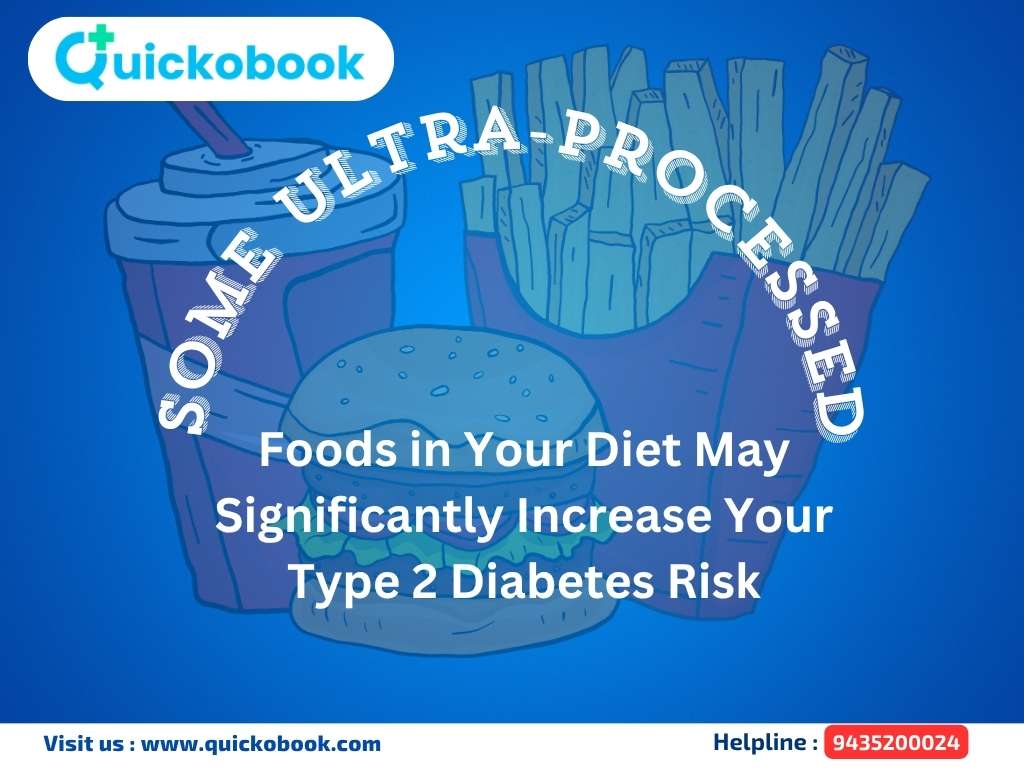


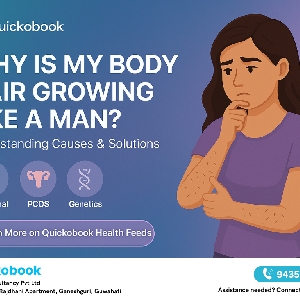
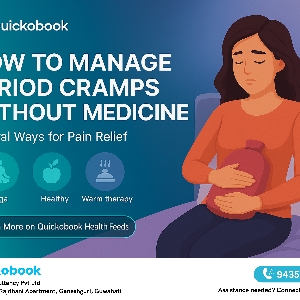
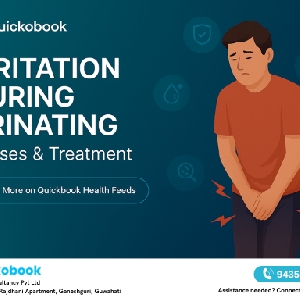
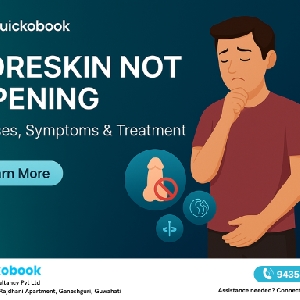


Comments (0)
No comments yet. Be the first to share your thoughts!
Leave a Comment